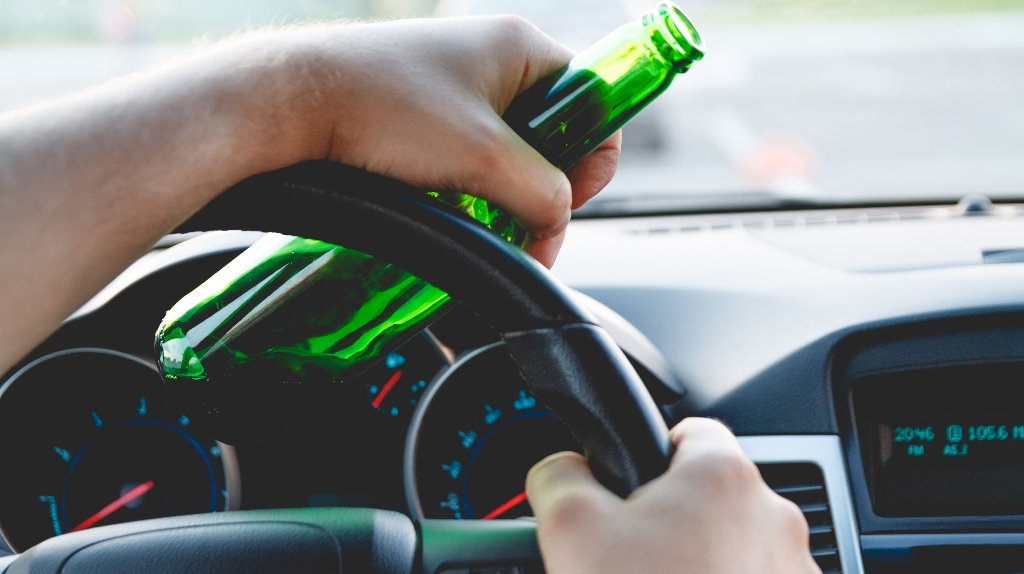
If you have been arrested for a DUI, also known as OUI (operating under the influence) charges in Massachusetts, you already know this offense is a serious matter. When you have been arrested, you will want to understand the possible consequences of this criminal act. Here is everything you need to know about DUI charges in Massachusetts.
DUI Basics
In Massachusetts, you can be “under the influence” from several types of substances, such as alcohol, prescription drugs, illegal drugs, or marijuana. This offense is commonly known as “operating under the influence,” but many still refer to it as driving under the influence.
You don’t have to be driving to be considered “operating” a vehicle. Even sitting in the driver’s seat with the vehicle parked can lead to a charge.
If law enforcement suspects that you are impaired, they can assess your sobriety through chemical or field sobriety tests. Refusing to participate in these tests can lead to automatic license suspension under Massachusetts implied consent laws.
Types of DUI Charges
These criminal offenses can result in several types of charges. If it is your first offense, you could face a $5,000 fine, 2.5 years in jail, and license suspension. However, most first-time offenders can participate in alcohol awareness programs to reduce the consequences of their sentence.
The first and second offenses are considered misdemeanors. Once you are charged with a third offense, then that can be a felony, which can lead to higher fines and longer imprisonment sentences.
Any juveniles convicted of a DUI/OUI can also face significant penalties. In these cases, they have a lower threshold for their blood alcohol concentration level (at 0.02% compared to 0.08% for adults). If convicted, it can result in a revocation of their license or driver’s permit.
Aggravating Factors
In some cases, aggravating factors can cause the penalties to be raised. They can include:
- Excessively high blood alcohol content: If your BAC level is significantly above the legal limit, it can aggravate your case.
- Driving impaired under age 21: For underage drivers, any level of impairment can lead to harsher consequences.
- Driving on a suspended or revoked license: Committing DUI while your license is suspended or revoked will only worsen your situation.
- Excessive speeding: Reckless driving, especially at high speeds, can aggravate your DUI charges.
- Causing an accident: If your DUI results in an accident, especially with injuries or property damage, it’s considered an aggravating factor.
- Causing bodily injury, death, or property damage: The severity of harm caused by your actions can influence the penalties.
Seeking DUI Legal Representation
When facing DUI charges, finding an attorney specializing in DUI/OUI defense is crucial. They understand Massachusetts laws and can provide you with guidance for your case. These legal professionals can also make sure that you attend court hearings, understand deadlines, and know what to expect during each stage.
Additionally, your attorney will examine the evidence against you. They may question the accuracy of field sobriety tests, breathalyzer results, or the legality of the traffic stop. When you have been charged, you need a defense strategy that can weaken the prosecution’s case and potentially lead to reduced charges or dismissal.
Reach Out to a DUI/OUI Massachusetts Lawyer
In these situations, having knowledgeable Massachusetts OUI lawyers is important. And when you need an experienced attorney on your side, there is only one choice: the Law Offices of Joseph D. Bernard P.C.
For over 50 years, our law firm has helped thousands of clients resolve their OUI cases. We provide defense legal services to Springfield, Hyannis, Belchertown, and Cape Cod communities. Contact us by calling (413) 731-9995 or texting (413) 225-2072 to schedule a free initial consultation.
